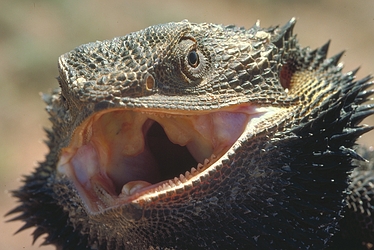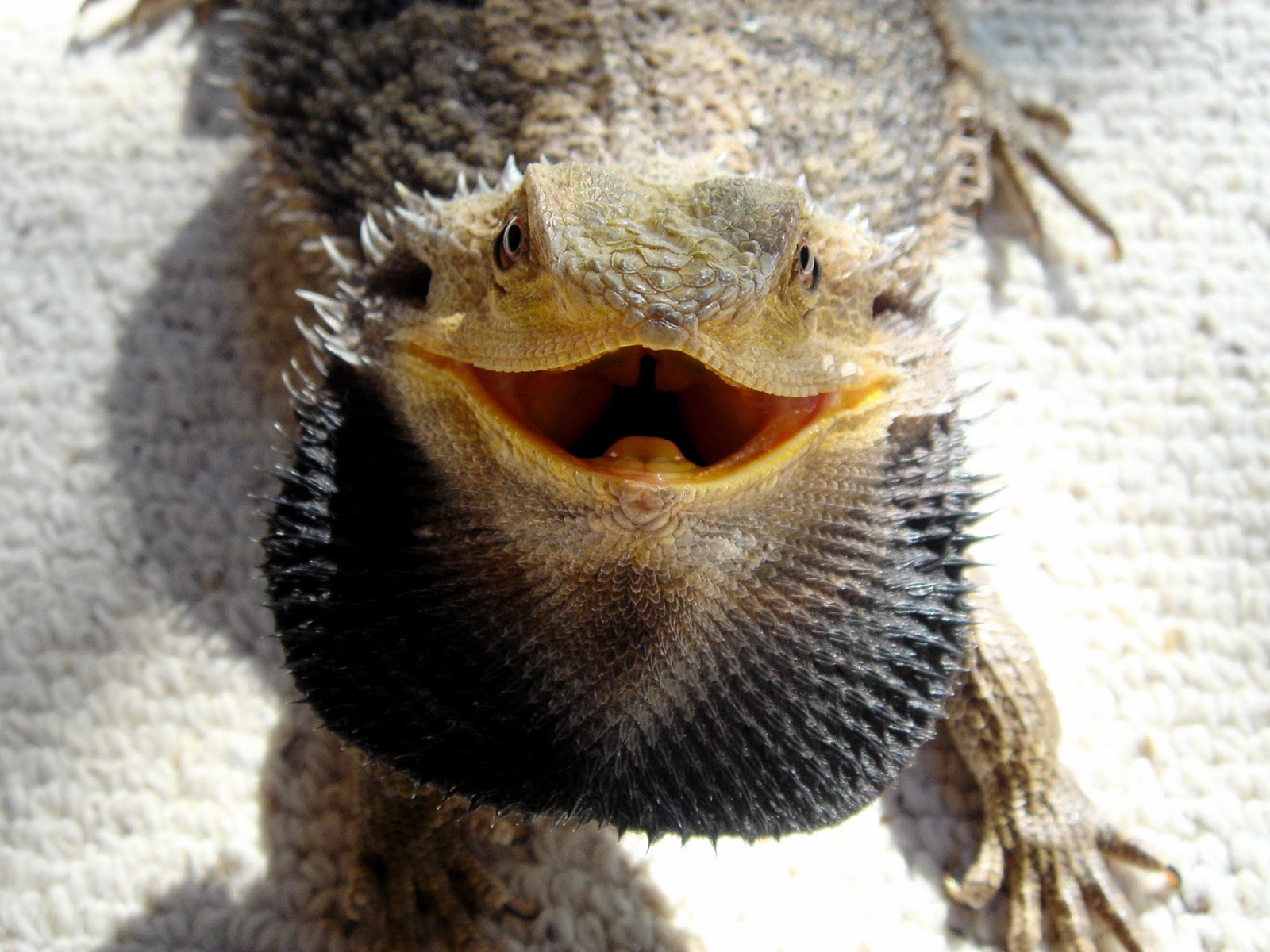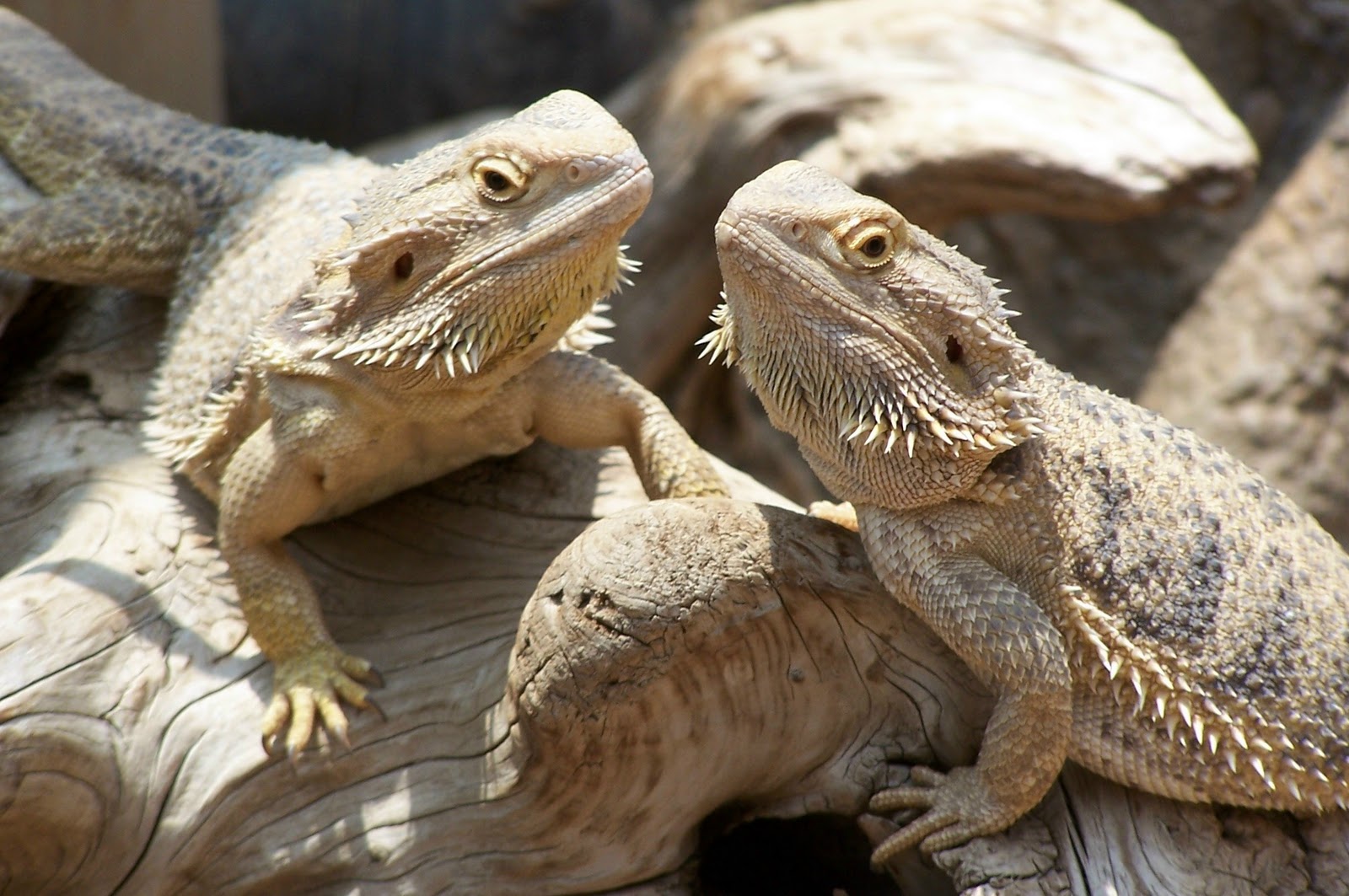10 Telltale Signs of Bearded Dragon Respiratory Infection You Should Be Aware Of
Introduction
Bearded dragons are adorable, friendly, and healthy pets when taken care of properly. They are easy to care for, and after a while, you might even forget they’re there! However, they can develop respiratory infections like humans, and you need to be aware of the signs.

What is a respiratory infection?
A respiratory infection is a condition where a bearded dragon’s respiratory tract is infected or inflamed. The respiratory system consists of the larynx, trachea, bronchi, and lungs. This system is responsible for breathing and gas exchange, and when it’s not functioning properly, your bearded dragon may experience difficulty breathing, coughing, lethargy, and lack of appetite.
Signs of respiratory infection
1. Respiratory noises
One of the most common signs of respiratory infection are respiratory noises like sniffling or wheezing sounds. This is a sign that there may be mucus building up in the respiratory tract, making it harder for your pet to breathe.

2. Difficulty breathing
When the respiratory tract is compromised due to infection or inflammation, your bearded dragon may experience difficulty breathing. This can result in open mouth breathing or labored breathing.

3. Lack of appetite
Respiratory infections can make your bearded dragon feel lethargic and uninterested in food. If your pet is refusing to eat, there may be an underlying respiratory issue.
4. Lethargy
If your bearded dragon is inactive, sleeping more than usual or seems lethargic, it could be a sign of respiratory infection. Since breathing becomes increasingly difficult, your pet would want to conserve its energy for breathing rather than playing around.
5. Runny nose
If your bearded dragon has a runny nose or clear nasal discharge, it’s a sign that there is mucus or dry secretions in the respiratory tract. This is a common symptom of a respiratory infection.
6. Extending neck and tail
When the respiratory tract is inflamed or infected, coughing and sneezing can be stressful. To relieve the stress and breathe more easily, your pet might extend its neck and tail.
7. Coughing
If your bearded dragon is coughing or hacking sprinkled with periods that allow your pet to breathe, it could mean that there is mucus or fluid accumulation in the respiratory tract. Heavy coughing can be a painful experience for the pet and cause weakness and fatigue.

8. Discoloration of skin
With less oxygen in the system, the skin may turn blue or show signs of blisters or sores. The skin is not receiving enough oxygen to keep it healthy, and sores that might have been healing are not healing anymore.
9. Unusual activity in mouth
If your bearded dragon’s mouth is open and closing more frequently than usual, then it may indicate there is difficulty breathing. The pet is trying to find relief by opening the mouth and letting more oxygen inside.

10. Swollen eyes and nose
Respiratory infections can cause puffiness in the nose, eyes, and face due to mucus build-up or inflammation. A bearded dragon may also have crust or discharge in either of those areas.
How to treat respiratory infection
If you notice any of the above symptoms or are concerned about your bearded dragon’s health, it’s important to contact a reptile veterinarian immediately. The vet may diagnose the infection by conducting tests, including blood work, urinalysis, and x-rays.

Depending on the diagnosis, your vet may prescribe medication, such as antibiotics or anti-inflammatory medications. You may also need to increase your bearded dragon’s temperature and humidity levels to help them recover. Make sure to follow the vet’s instructions carefully and provide a healthy environment for your pet.
Conclusion
By being aware of the signs of respiratory infection and taking prompt action, you can help your bearded dragon recover quickly and stay healthy. Always keep an eye on your pet’s health and never hesitate to contact a reptile veterinarian if anything seems amiss. With proper care and attention, your bearded dragon can live a long, happy life by your side.
